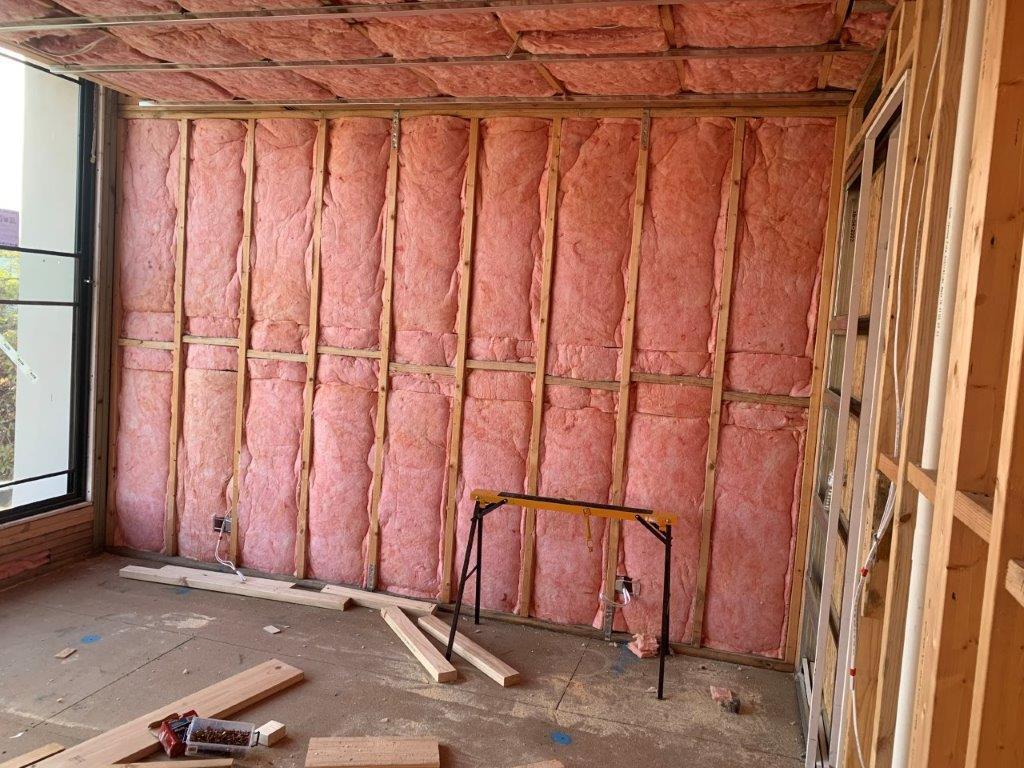
Guide to Choosing the Right Insulation for Your Home Oct 26, 2025
Insulation acts as a thermal barrier, reducing the flow of heat, ensuring your home stays warm in the winter and cool in the summer. As you're investing in your home's long-term efficiency, it's crucial to pick the type of insulation that best suits your specific needs and climate conditions. The most common types of insulation are fiberglass, cellulose, and spray foam, each offering distinct advantages.
Fiberglass insulation is one of the most popular choices due to its affordability and effectiveness. Made from fine strands of glass, it is usually available in batts or rolls that fit standard stud spacings and is an excellent choice for walls, floors, and ceilings. Fiberglass has good fire resistance and is relatively easy to install, which can help save on labor costs. However, it might not be the best option for those concerned with potential skin irritation or needing advanced soundproofing solutions.
For those considering an eco-friendlier option, cellulose insulation might be the ideal choice. Composed of recycled paper products treated with a fire retardant, cellulose provides excellent thermal protection and is superb for noise reduction. It can be blown into walls and attic spaces, filling gaps more effectively than traditional batts. The downside is that cellulose can absorb moisture, which can lead to mold growth if there are leaks or high humidity.
Spray foam insulation offers superior air sealing and high R-value, which measures the material’s resistance to conductive heat flow. This type of insulation expands on application, filling crevices and providing an airtight seal that's invaluable in reducing air leaks. It works well in both new constructions and retrofits. While more expensive than other options, its efficiency can often justify the investment by drastically reducing heating and cooling costs.
When selecting insulation, the R-value you need should guide your decision. The higher the R-value, the better the insulation's effectiveness. Homes in colder climates will generally require insulation materials with a higher R-value. Moreover, consider installation location, budget, environmental impact, and any specific house conditions, such as moisture levels.
Professional installation is also an important consideration. Quality installation ensures optimal insulation performance, and getting a professional like Robinsons Insulation Company LLC to assess and install can prevent many common pitfalls. They can also provide tailored recommendations based on your home’s specific needs.
In conclusion, choosing the right insulation involves assessing your climate, home needs, and budget. Each type of insulation offers unique benefits, and what might be best for one household could differ for another. Consulting with experts ensures that you get the most out of your investment, achieving a comfortable and energy-efficient home. By carefully weighing these factors, coupled with insights from professionals, you can make a confident decision that enhances your home's comfort and saves on energy costs over time.
/filters:no_upscale()/filters:format(webp)/media/54152af8-cd40-4d2d-8525-696ee8b06440.jpeg)
/filters:no_upscale()/filters:format(webp)/media/b49b0f42-fdd4-4b4e-953f-2d67326c74ab.jpeg)